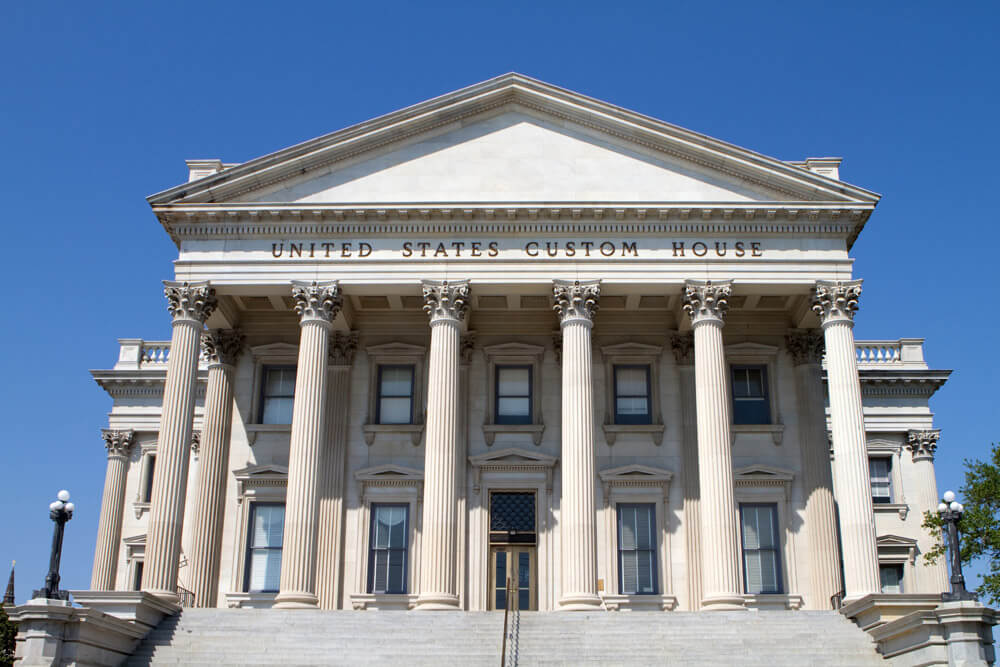A new system based on blockchain technology is going to be installed in September by the CBP, which would be used to track the imported goods certificates and verify their physical properties.
The U.S. Customs and Border Protection (CBP) is planning to test blockchain technology. The motive of the trial is to verify the importation of goods via the North American Free Trade Agreement (NAFTA) and Central American Free Trade Agreement (CAFTA). According to American Shipper, Vincent Annunziato, the Director of the CBP Business Transformation and Innovation Division, announced that the agency has recently begun a “live fire testing” of a blockchain platform.
Blockchain Test Objective
The objective behind the conducting of this test is to certify that the imported products originate from the place from where they claim to come from. Another objective is to ensure that foreign entities are living up the rules put in place by NAFTA and CAFTA. During CBP’s 2018 Trade Symposium in Atlanta, Annunziato discussed the difficulty putting such a system in place, saying:
Data without borders sounds good if you’re only looking at shipping, but you have to take into account that we have importation entry data coming in, and we have 47 agencies … that aren’t just going to give up their sovereignty of their laws and their rules. So it’s a very interesting time right now, but I think it’s a good time for the government to be involved because we’re starting to really push forward and make sure things are honest and working the way they’re supposed to.

Using Blockchain to Improve Efficiency
As per the statement released by Vincent Annunziato, the new system is going to launch in September 2018. The agency is also looking into adding the ability to authenticate trademarks of goods as well as examine the physical properties of imported products. This blockchain system could be used in form of a mobile application and would replace manually looking up the information, thus saving time and money for the agency.
Besides this, Annunziato also talked about the work that the agency is doing in collaboration with the Commercial Customs Operations Advisory Committee (COAC). They are working on a proof-of-concept exercise to utilize blockchain technology in assessing intellectual property. Annunziato says:
So if you have a rights holder that is granting licenses to Company A, and then did they also grant the right for Company A to license out? You can now follow generationally what’s going on. So in a way the government’s got a view of that interaction with the company, and we see it as a worthwhile venture for the rights holders.
What do you think about the CBP implementing blockchain technology? Share your views in the comment section below.
Images courtesy of Shutterstock.



